By Rabbi Avi Shafran [Director of public affairs for Agudath Israel of America]: A crematorium recently opened for business in Israel, for the use of citizens who want their remains reduced to ashes.
A decade ago, just over 20% of Americans who died were cremated. In 2005, the rate had risen to 32%. The Cremation Association of North America confidently forecasts that by 2025 more than half of Americans will choose to have their remains burned rather than interred. While no one knows what percentage of American cremation-choosers are Jewish, there is little doubt that, at least among Jews with limited or no Jewish education, or who became estranged from Jewish observance, cremation has become acceptable, if not a vogue. And now, the Jewish State has it own facility for burning human bodies.
Yet the fact that the establishment is the first of its kind in Israel does bespeak an essential Jewish attitude toward the services it provides.
Some Jews recoil from the idea of cremation because the Third Reich incinerated so many of its Jewish victims.
Others, and many non-Jews, disdain the burning of human remains because of infamous cases where crematory owners, after accepting families’ payments, presented them with urns of animal ashes, turning a further profit from the sale of the bodies entrusted them to brokers who then conducted brisk businesses of their own selling body parts.
Judaism’s inherent abhorrence for cremation, however, predates and supersedes both Nazi evils and ghoulish crimes. The roots of the Torah’s insistence on burial of human remains lie elsewhere.
Judaism’s opposition to cremation is sourced in the Torah’s statement that humans are created “bitzelem Elokim.” As a result, we are charged to show “kovod hameis” by consigning human bodies, in as undisturbed state as possible, to the earth – even, if necessary, if it means forfeiting the performance of another mitzvah.
And then there is the related, fundamental Jewish belief in techiyas hameisim – that there will come a time when the dead will live again. Although the idea of the revival of the righteous may be surprising to some Jews, anyone with even a rudimental Jewish education knows that it is one of Judaism’s most important teachings. The concept, the Gemara teaches, is subtly evident in the Written Torah’s text; and fully prominent in the Torah’s other element of our mesorah, the Torah She’be’al Peh. The Mishneh confers such weightiness to the conviction that it places deniers of the eventual resurrection of the dead first among those who “forfeit their share in the world to come” (Sanhedrin, Perek Cheilk, first mishneh). As the Gemara comments thereon: “He denied the resurrection of the dead, so will he be denied a portion in the resurrection of the dead.”
That our bodies are invested with such importance should not be startling. Not only our souls but our physical selves, too, possess inherent kedusha. Our bodies, after all, are the indispensable means of performing Hashem’s will. It is through employing them to do good deeds and denying their gravitations to sin that we achieve our purposes in this world.
And so, our mesorah teaches, even though we are to consign our bodies to the earth after death, there is a small “bone” (“etzem”) that is not destroyed when a body decays and from which the entire person, if he or she so merits, will be rejuvenated at some point in the future.
The idea that a person might be recreated from something tiny – something, even, that can survive for millennia – should not shock anyone remotely familiar with contemporary science. Each of our cells contains a large and complex molecule, DNA, that is essentially a blueprint of our bodies; theoretically, one of those molecules from even our long-buried remains could be coaxed to reproduce each of our physical selves. (Intriguingly, “etzem” can mean not only “bone,” of course, but also “essence” and “self.”)
Burning, in Judaism, is a declaration of utter abandon and nullification. We burn our chometz before Pesach, when the Torah insists no vestige of bread or leaven may be in our possession. The proper means of disposing of an idol is to pulverize or burn it.
Needless to say, Hashem is capable of bringing even ashes to life again (as the ashes of the Nazis’ crematoria victims will surely demonstrate one day, may it come soon). But actually choosing to have one’s body incinerated is an act that, so intended or not, expresses denial of the fact that the body is still valuable, that it retains worth, indeed potential life.
The new Israeli crematorium’s owner, in fact, describes himself as an atheist, as do most if not all of his customers. One, a teacher in Jerusalem, gave eloquent expression to her reasons for choosing cremation, telling The Jerusalem Post: “I was not sanctified in my lifetime so my grave won’t be sanctified either… I believe that there is nothing after death…”
That is the philosophy underlying the choice of cremation.
It is the antithesis of the belief-system called Judaism.
© 2007 AM ECHAD RESOURCES

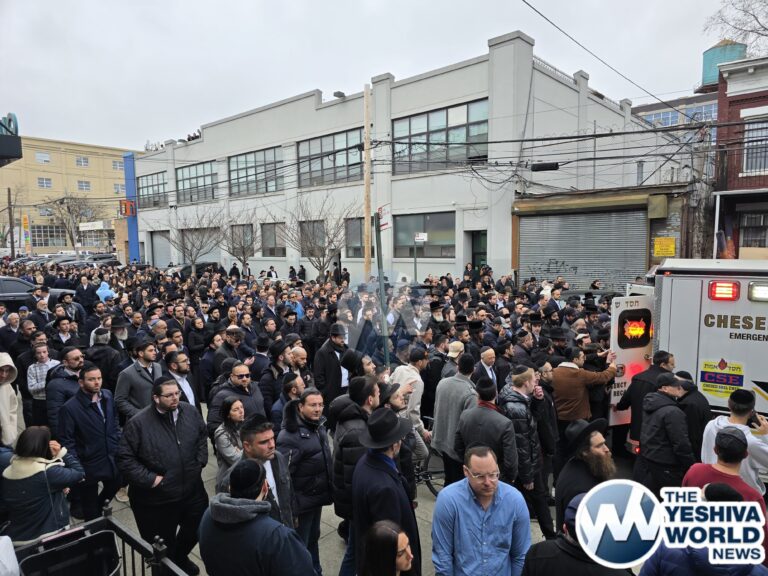

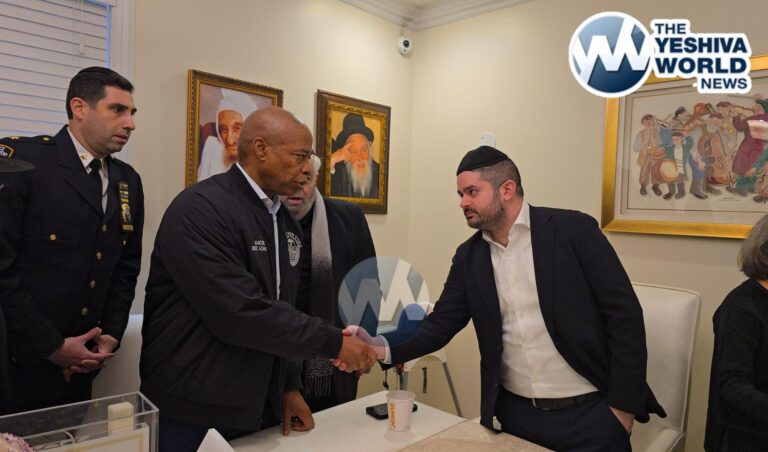
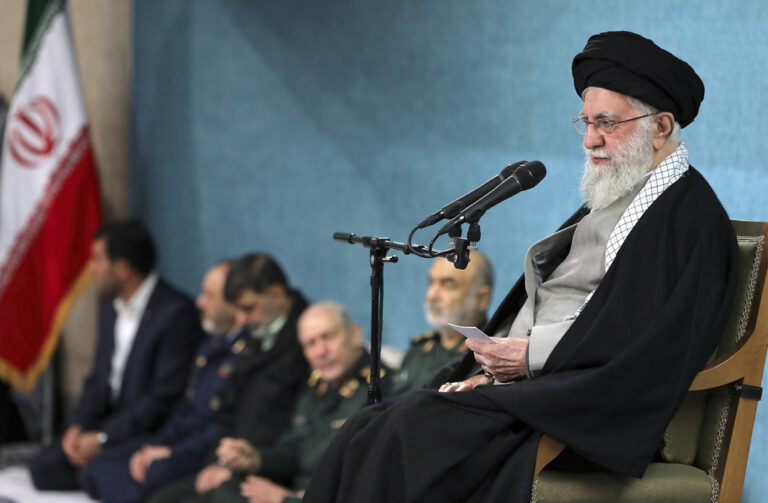
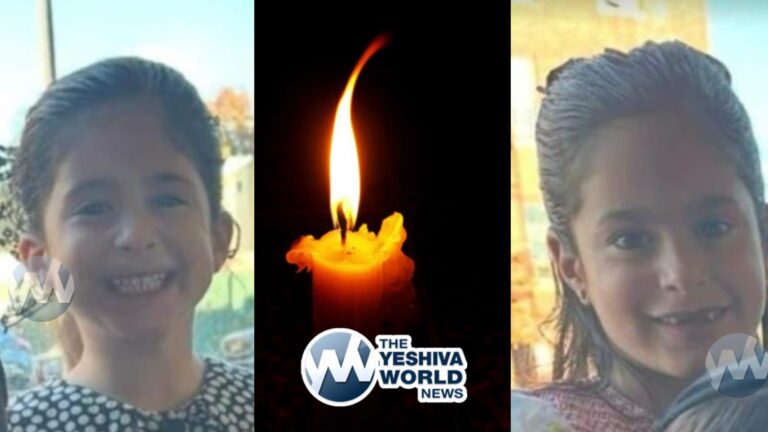


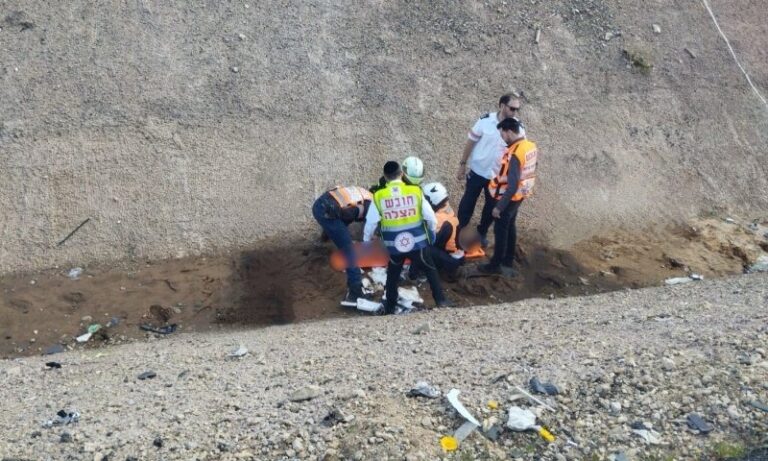

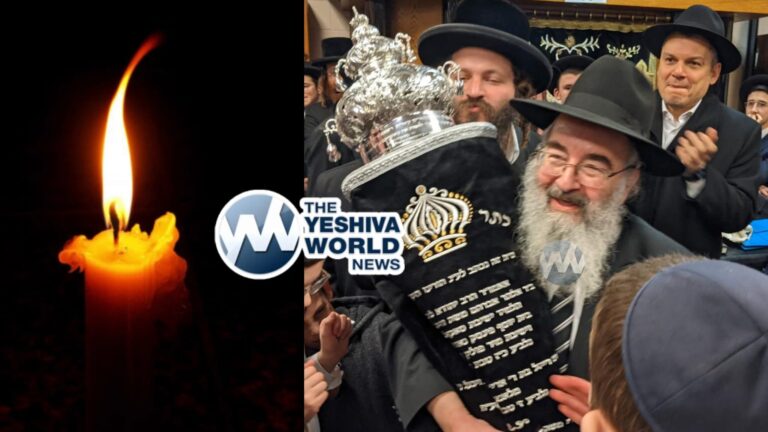
5 Responses
Do the Gedolim feel we should be directing resources to fight this.
So the secualr zionist win another battle in their one way desire to be “just like the rest of the world”, religion no, don’t need it, morals no, not that either, drugs and promiscutiy unlawyfullness hatred of leadership this you brought succesfully to our holy land
NOW Crematorium..I guess you were not happy to behave just like the Gestapo at Gush Katif and in our Holy City at Rosh Hashona. Destroying our life in this world was not enough now you want to try and burn our last vestage of hope in the next world too.
May H”B return hisHholinees to us once again and bring us out of this galus and into Gaula.
How long has it been open? How many Jews have used this service?
Dont believe that many Israelis will opt for this service, tradition is strong among Israelis for a proper burial. A perfect solution to the NON Jews who cant find a cemetary to be buried in.
51 comments and lots of outrage over the casino from people throughout the world. until now only 5!
How do we – dwelling here in America protest. who do we write to, what can we do??? We can doven that he gets no business. We can say Tehillim – what else?
Please chaverim – start posting suggestions what we can do.
Kiruv, Kiruv and more Kiruv
As long as the frum world brings a kiddush hashem in their lives and actions, the secular community will be influenced towards Torah and Mitzvohs.. I bet this services is used mostly by mixed marriages and pseudo jews.